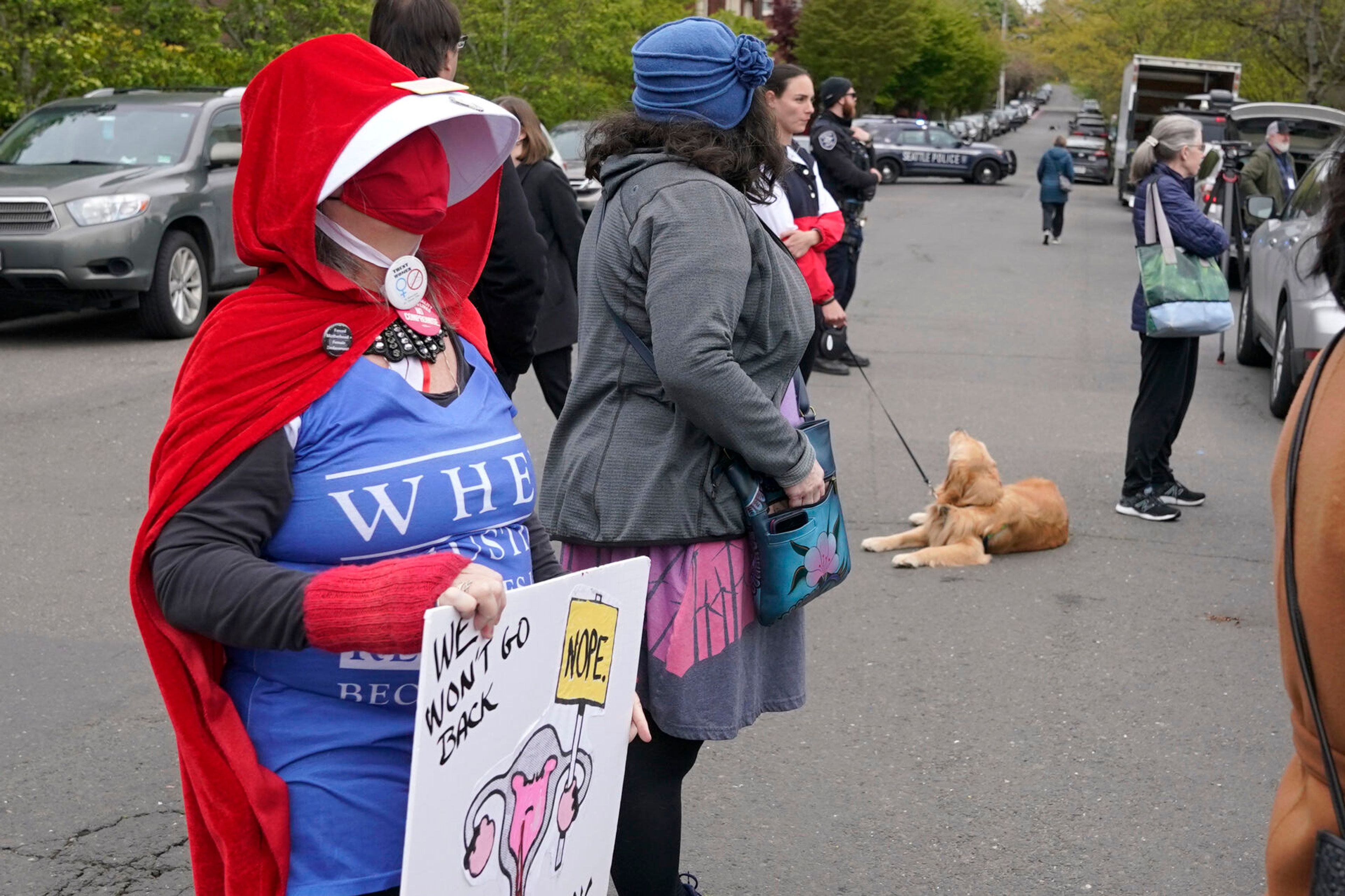This editorial appeared in the Seattle Times.
---
Fortunately, election math does not bode well for passage of Initiative 1125. Voters are not buying Tim Eyman's latest collection of backward transportation ideas.
Initiative 1125, the anti-tolling, anti-light-rail measure, was not only sneaky. It was anachronistic.
One more thing: Voters do not think Eyman knows much about transportation. Anyone counting could tell you the initiative crusader is zero-for-three on transportation-policy initiatives.
He may have something to say about the scope of government. His anti-tax proposals fare well. But voters do not think much of his ideas for moving - or, more precisely, not moving - people around a busy metropolitan region.
One earlier bad idea would have opened high-occupancy-vehicle lanes to all traffic in "off-peak" hours. The public did not fall for that one either.
Three cheers for voters for seeing through the nonsense of I-1125. Like a lot of initiatives, this one sounded innocuous but was not straightforward about what it would accomplish. It would have eliminated variable tolls needed to pay for major projects in the state, such as Highway 520 and the Interstate 5 crossing between Vancouver, Wash., and Portland, Ore.
The measure would have made it harder to finance these projects because it ordered the Legislature, instead of the current independent commission, to set tolls. State Treasurer Jim McIntire has said it would be tough to sell bonds backed by tolls so directly connected to a politicized entity.
The measure also would have prohibited light rail traveling across Interstate 90, which voters earlier approved, even though the initiative never directly stated that.
By turning down I-1125, voters avoided a lengthy lawsuit - or lawsuits. Initiatives are supposed to be about a single subject; this was a variety pack of mixed and matched ideas.
Voters deserve considerable credit for reading the fine print, for getting what was being offered and deciding they do not want to live in a place where limited transportation resources are used inefficiently.








